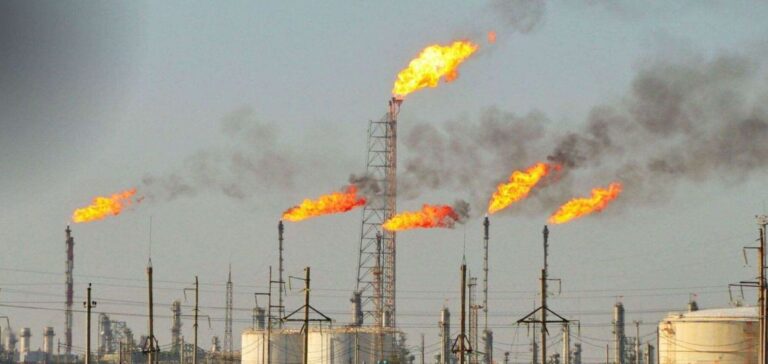Mexico’s state-owned oil company Pemex had promised to stop flaring natural gas from the Ixachi field in Veracruz state by mid-January, but satellite data analyzed by scientistsA visit to the site by journalists revealed that gas flaring had not only continued but had increased.
The unfulfilled promise
Last November, Mexico’s state-owned oil company Pemex promised to stop flaring natural gas from the Ixachi field in Veracruz state by mid-January. The promise came after months of pressure on flaring from the oil regulator, environmentalists and the United States, Mexico’s largest trading partner. But satellite data analyzed by scientists for Reuters, as well as a visit by journalists to the site, revealed that gas flaring had not only continued but increased.
Increasing flaring rates
In January, about 1.3 billion cubic feet of gas was flared from four flares at the Papan and Perdiz plants designed to process Ixachi gas, according to satellite data, up from 1 billion cubic feet in November when the promise was made. Satellite images showed that the largest increase in flaring occurred at the Papan plant. The flares were still active last week.
A difficult promise to keep
Two sources at Pemex and the Ministry of Energy said that no significant action has been taken to stop flaring at Ixachi since the commitment last year. The two sources and three others from the Mexican energy regulator said the Nov. 18 promise to process the gas instead of flaring it was unrealistic because the infrastructure at the Papan and Perdiz plants was incomplete and they did not have enough capacity to handle the large amount of gas.
Environmental and economic consequences
Flaring not only emits harmful greenhouse gases that contribute to climate change, but it also wastes a valuable resource that could help reduce costly imports from the United States.





















